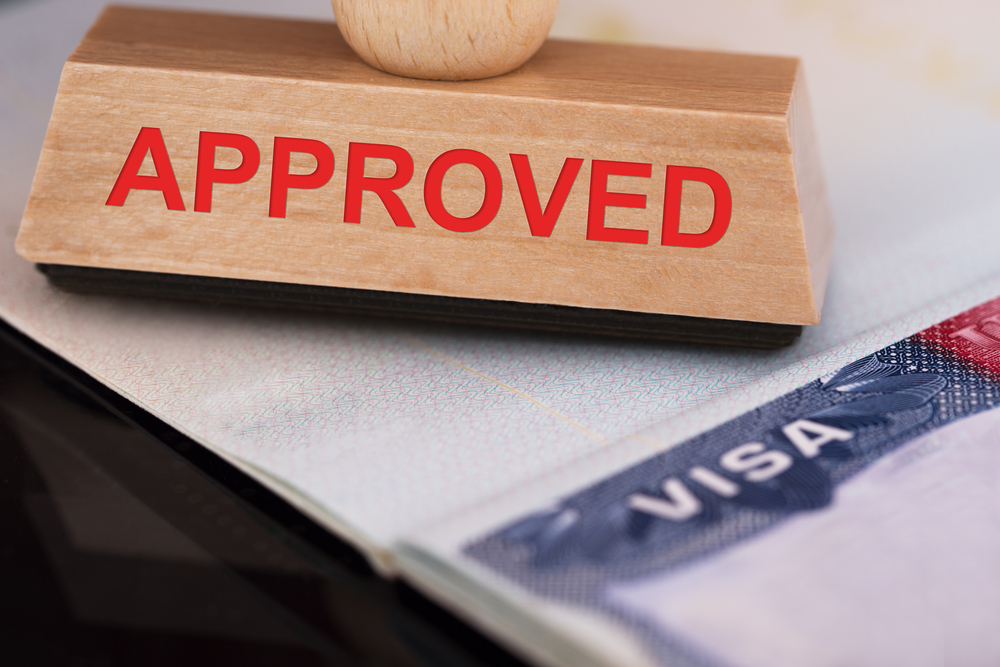A guide to contract law for foreign workers in Thailand
Under the Alien Employment Act, a foreigner who plans to work in Thailand must secure a work permit through the Department of Employment, Ministry of Labor. However, some foreigners may not be required for those by the government if they meet the preconditions of exemption.
List of requirements before a foreigner can freely work in Thailand:
1. Secure a Thailand Visa
A Non-Immigrant visa in Thailand must be secured by the foreign applicant from the Royal Thai Embassy or Royal Thai Consulate before going to the country. These usually will take several days to finish. Moreover, there are certain types of Non-Immigrant Visas under the contract law:
- Non-Immigrant Visa Category B (Business Visa) is only issued to foreigners who wish to work in Thailand. There are written requirements for those who want to work in Thailand and foreigners who wish to conduct business in Thailand.
- In behalf of the applicant, Non-Immigrant Visa Category B-A (Business Approved) is applied only by the company the foreigner wishes to work for or conduct business with. These foreigners will be allowed to stay for one year after landing in Thailand.
- Non-Immigrant Visa Category IB (Investment and Business Visa) is required for applicants who work on investment projects being supervised by Thailand’s Board of Investment.
- Non-Immigrant Visa Category B (Teaching) are for applicants who wish to acquire teaching positions below University level.
Interested applicants can apply directly to the Consulate, or let a representative process your documents with permission. Employers can also process your visa on your behalf.
Because of some International and Asian laws, some nationalities from certain countries may not be required to obtain a visa. For the applicant and employers, there are various kinds of documents needed before they can obtain a visa. For more information regarding visa application, you may contact a law firm in Thailand for legal counsel.

2. Apply for a Work Permit
While in the Kingdom of Thailand, your work permit will determine the basic information of your work. It can also be extended through the Department of Employment or be cancelled in some circumstances. Based on the contract law, foreigners are allowed to work in different sectors but some restrictions are placed so Thai nationals will be given priority in certain fields of work. On the other hand, foreigners are allowed to invest in certain manufacturing businesses, export of goods, and merchandise of products that may aid Thai tourism.
Some of the exemptions are:
- Agriculture, Service Business, and Commercial Business.
- Agriculture Business, Industrial & Handicraft, Commercial, Service Industry, and Utility Services.
Take note that after passing the requirements of working in Thailand, there are still rules that will determine how a foreign company or a worker can do business inside the Kingdom. Failure to follow these protocols may entail penalty, incarceration or deportation. It is advisable for business firms to procure legal advice regarding contract law from expert Thai lawyers.
SBC Interlaw is a law company with years of experience in Thailand and expertise in international and business laws. Our firm is home to Thai lawyers with expertise in legal counsel and litigation. Contact our lawyers if you seek for your business a legal service of competitive edge to address your needs, while ensuring you enjoy quality customer service.

_________________________
Sources
Thai Embassy Turkey
Thai Embassy
Samui for Sale – Thai Business Law
Ministry of Foreign Affairs of the Kingdom of Thailand
